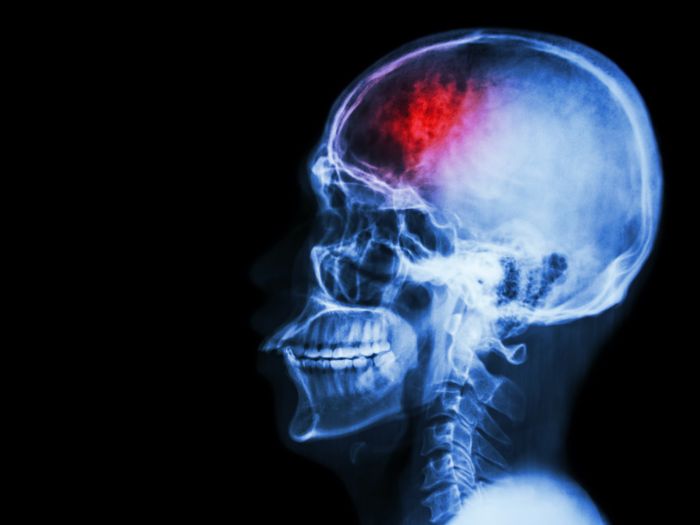October is breast cancer awareness month, and this year marks a special time to remember as we come out of the COVID lockdowns that have kept many women from attending their regular screens.
Who should have a breast Screen?
Any woman between the ages of 50 and 74 is immediately eligible for a free breast screen from BeastScreen Australia. This is because most breast cancers (over 75%) are found in this age group.
Any woman over the age of 40 is also entitled to have a free breast screen every 2 years. If you are in the age range of 40 – 50, you should ask your doctor about joining the program.
If you are of any age and notice a change in your breast, you should consult your GP and have a breast screen done. You should look for a change in colour, shape or size of your breasts, discharge from the nipple (other than milk), lumps in the breast or armpit, or any areas of swelling or pain.
If you are at high risk of breast cancer, you should see your doctor and book in for regular screenings.
Who is at risk?
- Women – breast cancer can affect men (about 200 per year), but it mainly affects women and is still the single most common cancer diagnosed in Australian women. It affects around 1 in every 7 women. There are over 20 000 new cases every year, equating to nearly 60 new cases daily.
- A family history of breast cancer. A mutation in certain genes are known to increase your risk of breast cancer. The best known are BRAC1 and BRAC2 (Breast Cancer genes). These genes function in keeping the breast tissue healthy by repairing cells and maintaining regulated cell growth in the breast and ovary, but if there is a mutation in these genes, it can affect these functions and lead to deregulated cell growth – in other words, cancer. If you have a family history of breast, ovarian or fallopian tube cancers in your family, you should seek an appointment with your doctor and discuss a management plan.
- Women who started menstruating early, before the age of 12.
- Timing of pregnancies can affect the likelihood of developing breast cancer. It has been found that women who did not have their first baby before the age of 30 are more likely to develop breast cancer than those that did.
- Women who have had radiation therapy on the face or chest before the age of 30.
- Previous Personal History of either breast cancer or other benign breast conditions such as atypical hyperplasia or lobular neoplasia.
- High-Density Breast tissue occurs when the breasts have more glandular and fibrous tissue than fatty tissue.
- Smoking, drinking and obesity have been linked to an increased risk of developing breast cancer.
Breast cancer can be beaten. Early detection is critical. Book an appointment with us today to have a breast screen.






